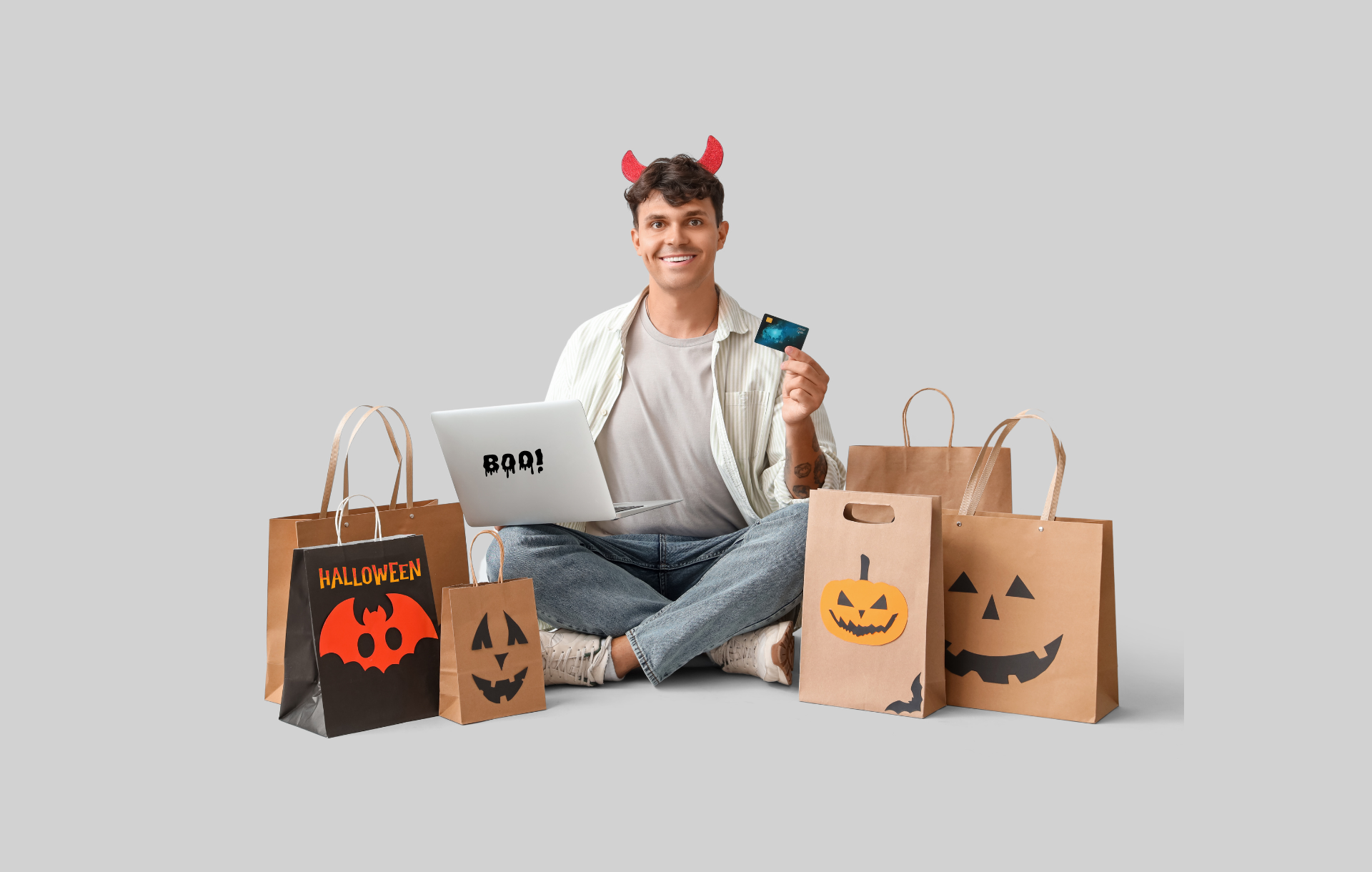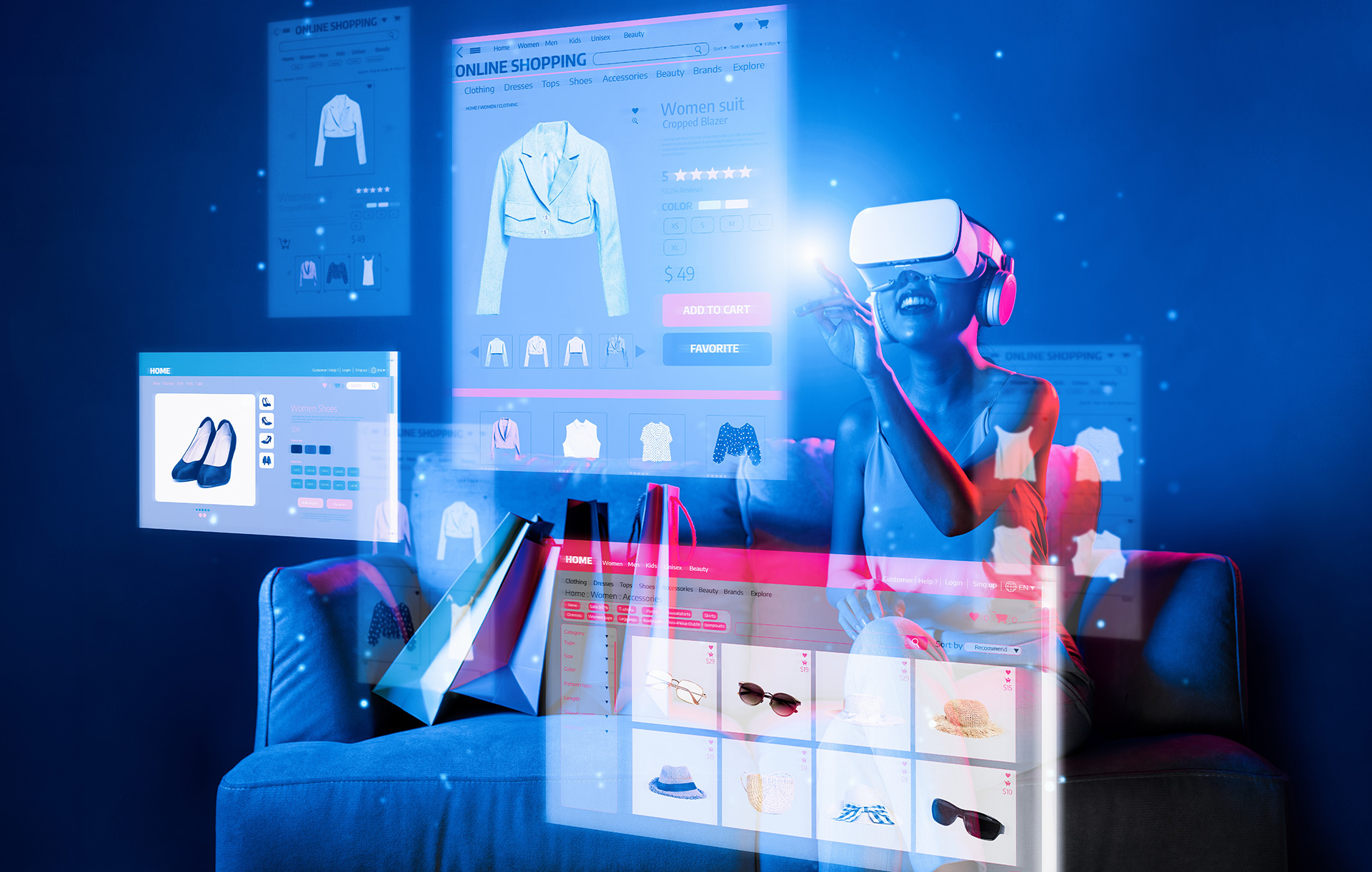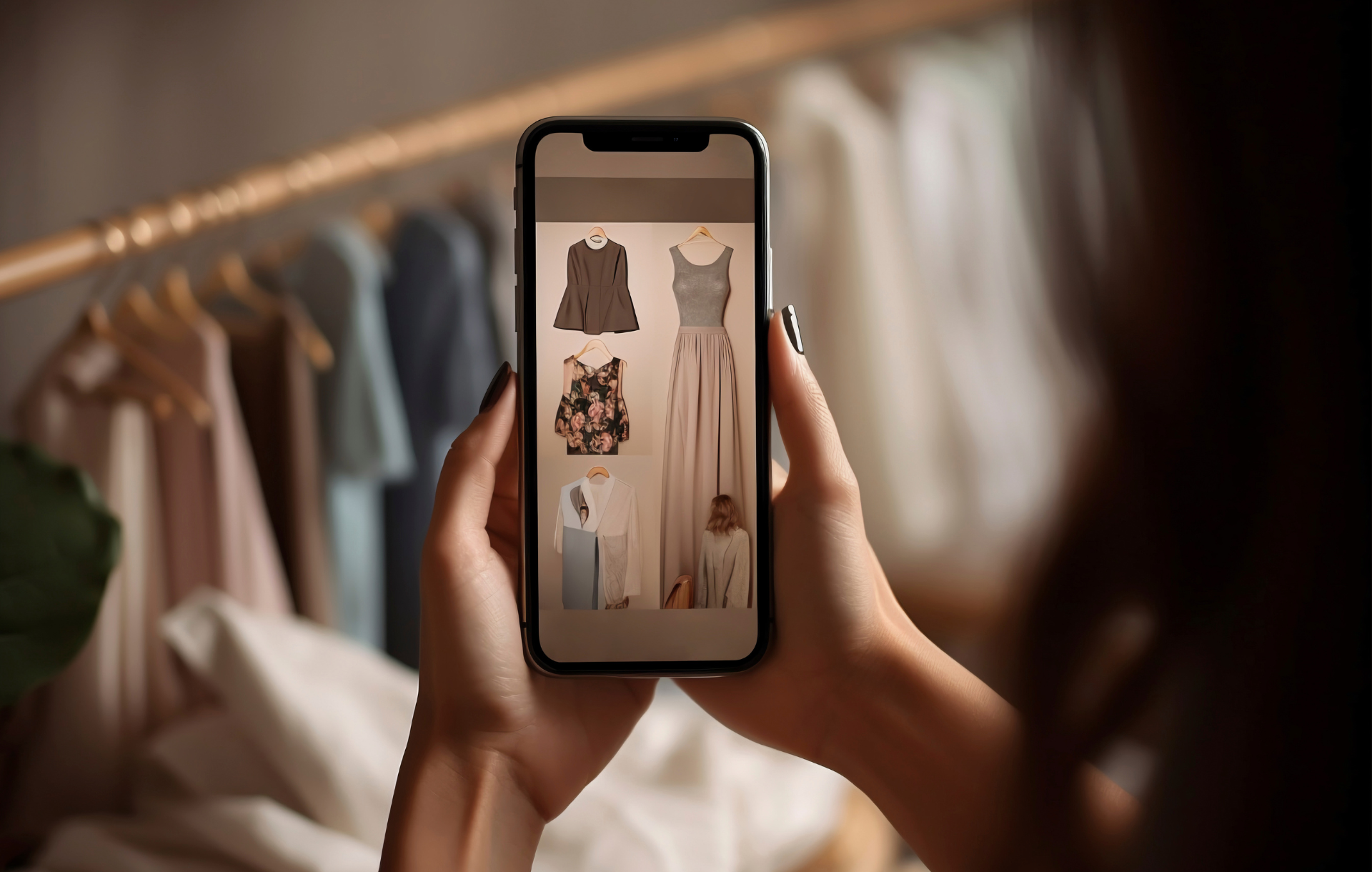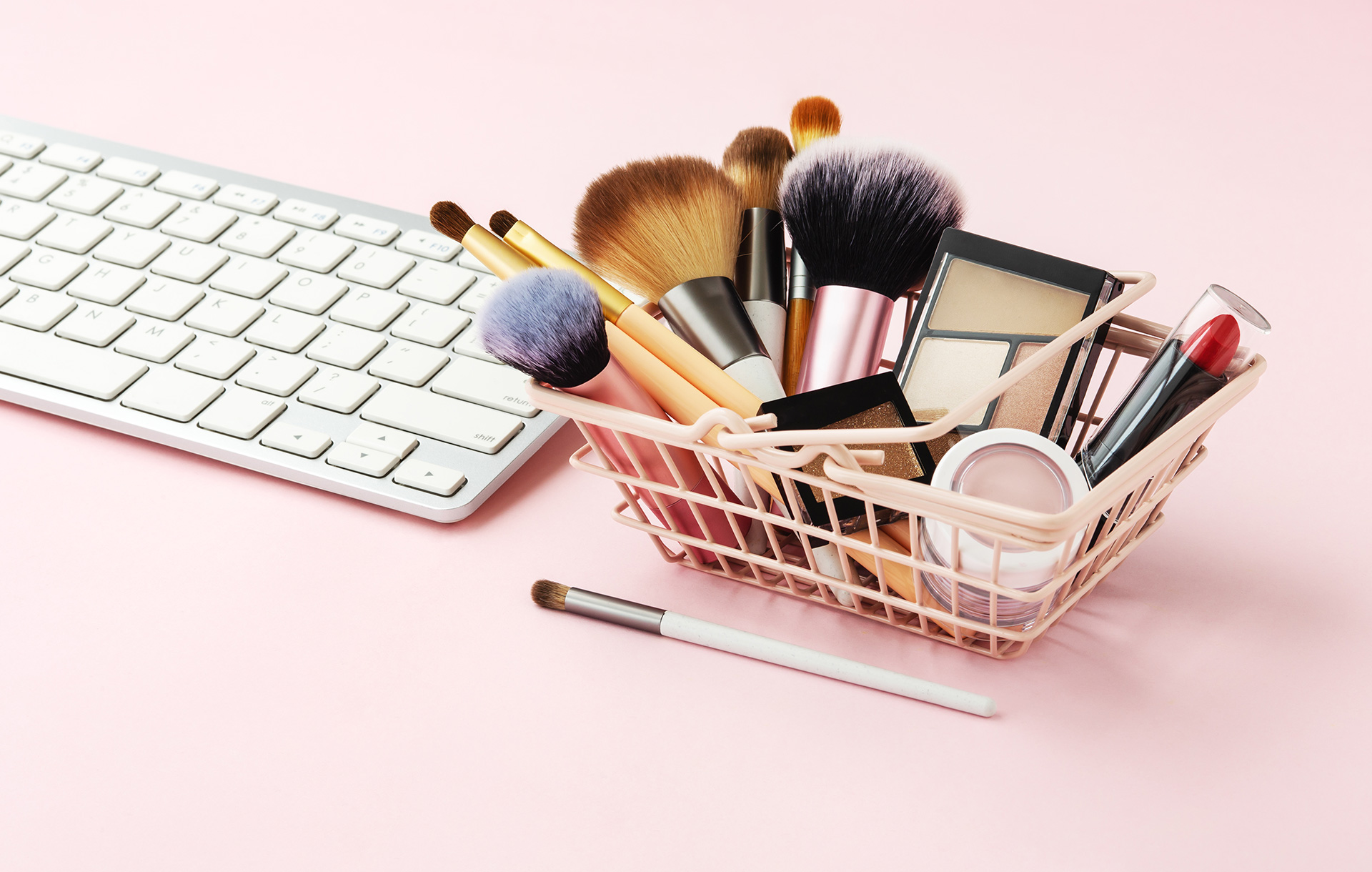Your Step-by-Step Guide to Setting up Shop with Instagram
As of June 2018, Instagram reached 1 billion monthly active users, up from 800 million less than a year prior. If that doesn’t impress you, consider that 500 million+ Instagram accounts are active every day around the world, with 80% of them following a business.
In other words (and like an eCommerce agency would say), you better be using Instagram as part of your eCommerce strategy. Before we get to that, let’s cover some backstory explaining how and why that is.
A couple of years ago, back in 2016, Instagram debuted the idea of “shoppable media” after noticing a shift in consumer behaviour due to the rapid adoption of the smartphone.
With a smartphone by our side wherever we went, we soon noticed we could do more and more with it. For example, satisfy our need to buy this, buy that, and buy everything we could think of.
It didn’t stop there. Not only were we able to browse online stores practically whenever we wanted, but also compare prices between stores at a moment’s notice to ensure we had the best possible deal.
That was then, and now Instagram is expanding our shopping capabilities by turning businesses into visual storefronts where we can view products, learn more about them, and even buy from them — all without leaving the Instagram app.
What am I talking about? Shoppable tags and shoppable posts that are turning Instagram into a “one tap shop.”
How to Add Shoppable Tags on Instagram
And now we arrive at the crux of the matter: how to set up Instagram shopping and transform Instagram from a social media app into an Instagram shopping app.
Before you begin, make sure you’re eligible and approved to make use of this very cool and useful Instagram shopping feature. After all, what’s the point of prepping everything only to learn at the very last second that you can’t even start selling?
As to how to get approved for shopping on Instagram, take a look at the eligibility requirements below:
- You need to have the latest and most up-to-date version of the Instagram app on either iOS or Android
- You also need to have (or open) an Instagram business account
- Similarly, make sure you’re the account’s admin and are authorised to make changes
- As you will be selling products, you need to have an inventory of physical goods—not services—that comply with Instagram’s merchant agreement and commerce policies
- Finally, make sure your business profile is connected to a Facebook catalogue, which is a file with a list of all the products you want to sell, that can be managed on Business Manager
As a quick aside, let’s quickly cover how to connect your Instagram business profile to a Facebook catalogue:
- Log into the Business Manager account that owns the Facebook Page that’s linked to your Instagram business account
- Once inside, you can create a new catalogue or choose an existing one by opening your Business Manager Settings and clicking on People and Assets
- From here, you’ll find a Catalogs option and will have to click on + Add and choose Create a New Product Catalog
- For the last step, name your product catalogue and select the types of products you’re adding to it
Okay, now let’s go back to business and focus on how to enable shopping on Instagram. For starters, you’ll first want enable product tagging, which will greatly improve your discoverability. As for the how, take a look below:
1. First, make sure you live in a place that’s eligible for product tagging, which includes the following locations (Note: most of these are newly included):
| – United States
– Puerto Rico – United Kingdom – Australia – Canada – France – Germany – Italy – Spain – Brazil – Sweden – Netherlands – Argentina – Mexico – New Zealand – Switzerland | – Ireland
– South Africa – Belgium – Austria – Peru – Uruguay – Paraguay – Malta – Ecuador – Panama – Portugal – Poland – Greece – Cyprus – Denmark – Czech Republic | – Romania
– Norway – Hungary – Bulgaria – Croatia – Finland – Latvia – Lithuania – Slovenia – Luxembourg – Dominican Republic – Belize – Korea – Japan |
2. With the knowledge that you live someplace that does indeed allow you to tag products, head on over to your profile by tapping on
3. Here, tap on the Get Started alert at the top of your profile
- If you don’t see the alert, tap on
4. Next, tap Shopping
5. Followed by Continue
6. Now you’ll have to select a product catalogue to connect to your business profile
7. Once selected, tap Done
Note: If you don’t initially see Shopping under your Business Settings, your account is likely still under review and pending approval. This can take a couple of days, so wait a bit before getting in touch with Instagram to inquire further.
Product tagging: check; now let’s move onto tagging your posts.
Keep in mind that, apart from tagging products in new posts, you can also tag them in existing posts from your Instagram business profile. Additionally, you can tag up to 5 products per single-image post, or 20 products per multi-image post.
With that in mind, here’s what you’ll have to do (it’s pretty easy too):
- Up first, select a photo and put on your creative agency hat to add your desired caption, effects and filter
- That being done, tap the products in the photo you want to tag
- Enter the products’ name as they appear in the search box
- You’re almost there — tap Done
- And tap Share
Note: To be sure you’re tagging the appropriate products, make sure your tags are directly touching them (you can also preview tagged products to be extra sure).
As for where your users can find your shoppable posts, they’ll find them on your business’ Instagram account, marked by a shopping bag icon in the top-right corner.
Keep in mind that you can always edit/delete products you’ve tagged on single-image posts, but know that this does not extend to multi-image posts. For these, once published the tags are final.
And because we live in a technologically advanced world where most things are interconnected, if you delete a product or product catalogue on Facebook, the associated tag will be removed from Instagram as well.
Final Thoughts from Brands Already Selling on Instagram
Big or small, newcomer or a seasoned veteran — selling on Instagram is and will always be a good idea if you have any sort of eCommerce real estate.
By giving your users immediate access to pricing and product details right then and there, within their feed, you’ll make it that much more likely they’ll convert in that moment as opposed to navigating toward your site and checking out there.
No need to take my word for it either; how about hearing it from brands already selling on Instagram? After all, who better to ask than those already seeing its benefit?
“Our partnership with Instagram has been very successful. Traditionally, our customer had turned to Instagram for inspiration, and we’re seeing that she’s reacting positively to the new shopping experience, which allows her to seamlessly tap and shop the product – going from inspiration to information to purchase in just a few steps – we’re excited to see where the feature continues to take us.” — Mary Beech, EVP and Chief Marketing Officer, Kate Spade New York
“While Instagram is a place for inspiration and visual wonder – there is nothing more satisfying than being able to buy that thing you love RIGHT NOW! The number of times I have found myself in a rabbit hole hunting down that pair of shoes, that beautiful chandelier, those sunglasses, rugs, flower arrangements, random gift ideas – countless!! We were thrilled to be a part of this pilot and to have our customers experience the next generation of shopping via Instagram.” — Jenna Lyons, President and Creative Director, J.Crew
“An overwhelming majority of Lulus’ customers originally discovered our brand through word-of-mouth – either directly from a friend or through social media – and Instagram continues to be a key discovery platform for us. The development of a native and authentic shopping experience on the platform has taken discovery to the next level for customers. And it has opened a great deal of opportunity for us to engage new and existing customers; we have seen that nearly 33% of people who tap to learn more about a product visit our site through ‘Shop Now’. — Noelle Sadler, VP Marketing, Lulus
Subscribe To Us
Our Services
Categories
1 thought on “Your Step-by-Step Guide to Setting up Shop with Instagram”
Leave a Comment Cancel reply
Subscribe To Us
Contributors
Categories

This website uses cookies so that we can provide you with the best user experience possible. Cookie information is stored in your browser and performs functions such as recognising you when you return to our website and helping our team to understand which sections of the website you find most interesting and useful. Third party cookies such as Google Analytics is also used on this site to provide analytics in order to better understand the user engagement on our site.
You can adjust all of your cookie settings by navigating the tabs on the left hand side.
Strictly Necessary Cookie should be enabled at all times so that we can save your preferences for cookie settings.
If you disable this cookie, we will not be able to save your preferences. This means that every time you visit this website you will need to enable or disable cookies again.







Nowadays, Instagram is becoming a vital part of the ecommerce business. Here is the information found that I want. Thanks for sharing.